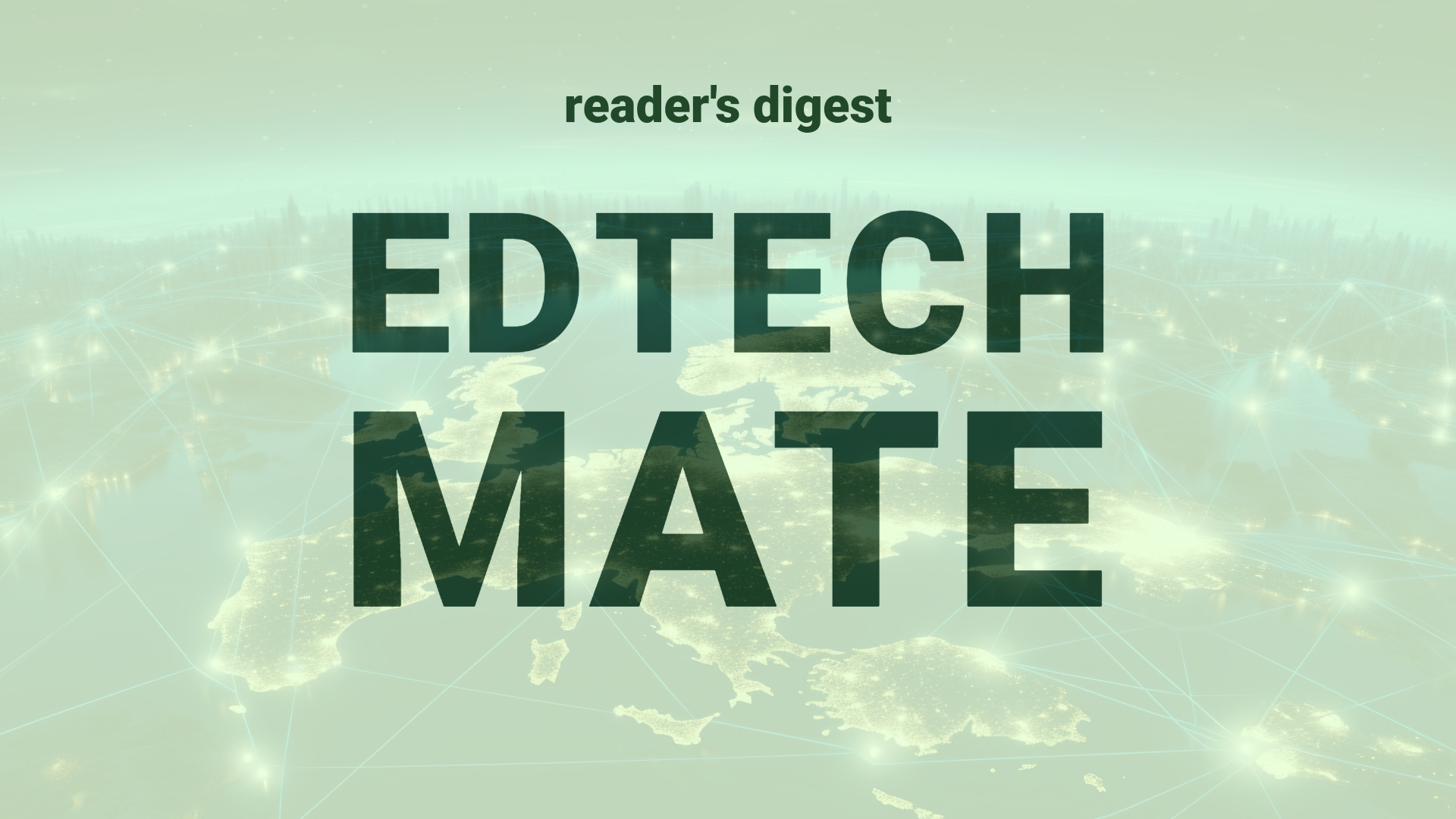Executive Summary and Main Points
The digital transformation of the education sector has been significantly marked by innovations in data management and processing. One such innovation, Delta Lake, has become integral to modern data architectures due to its ability to handle massive volumes of streaming data with improved reliability, quality, and performance. It supports ACID transactions, schema enforcement, and time travel, ensuring data integrity and preparing the foundation for advanced analytics and machine learning applications. Azure Stream Analytics complements Delta Lake by affording real-time data processing in a user-friendly environment, allowing for quick configuration without complex coding. This duo of technologies holds the potential to revolutionize the field of education by enhancing real-time decision-making and insights into learning processes and administrative efficiency.
Potential Impact in the Education Sector
For the Further Education and Higher Education sectors, Azure Stream Analytics coupled with Delta Lake can provide educators and administrators with the tools needed to evaluate and respond to educational trends in real time. These capabilities could facilitate personalized learning experiences and predictive analytics to enhance student outcomes. The intersection of these technologies with Micro-credentials could yield highly tailored certification programs that respond dynamically to labor market trends. Strategic partnerships among educational institutions and technology providers could foster the development of innovative curricula and more adaptable educational models, underpinned by robust data-driven insights.
Potential Applicability in the Education Sector
Integrating AI and digital tools like Azure Stream Analytics and Delta Lake can transform educational management systems globally. Potential applications include real-time learner analytics for identifying at-risk students, automated curriculum adaptation based on learner performance, and optimizing campus operations through IoT data analysis. Furthermore, these technologies can enhance research capabilities by allowing academics to process and analyze large-scale data sets efficiently, facilitating groundbreaking research collaborations and data sharing agreements across institutions worldwide.
Criticism and Potential Shortfalls
Despite their advantages, these digital technologies may face criticism regarding data privacy concerns, particularly with the handling of sensitive student and research data. Ethical considerations around the use of algorithms in decision-making processes within education also pose potential shortfalls. Comparatively, international case studies might reveal disparities in the accessibility and effective implementation of such technologies attributed to resource disparity among global education systems. There are further concerns about potential cultural implications, as technology-driven education reforms may not always align with local educational values and norms.
Actionable Recommendations
To capitalize on the benefits of Azure Stream Analytics and Delta Lake, international education leadership should facilitate context-aware implementations including thorough data governance policies. They should invest in professional development to ensure that educators and IT staff can leverage these technologies effectively. Collaborative pilot projects involving these technologies could help to explore their potential and iron out challenges specific to education settings. Lastly, forming strategic partnerships with technology providers will allow for the continuous evolution of education practices in tandem with advances in data analytics and machine learning.
Source article: https://techcommunity.microsoft.com/t5/analytics-on-azure-blog/simplicity-meets-power-integrate-azure-stream-analytics-with/ba-p/4109380

